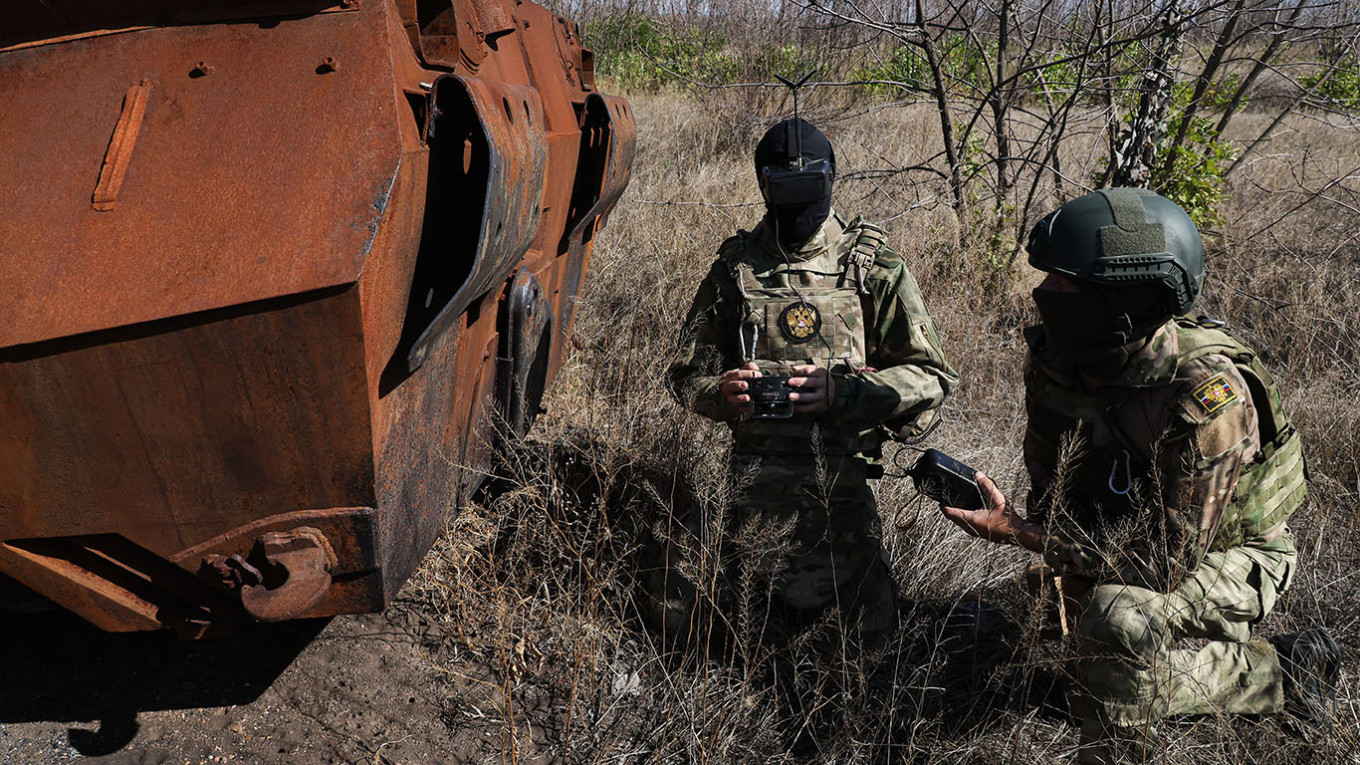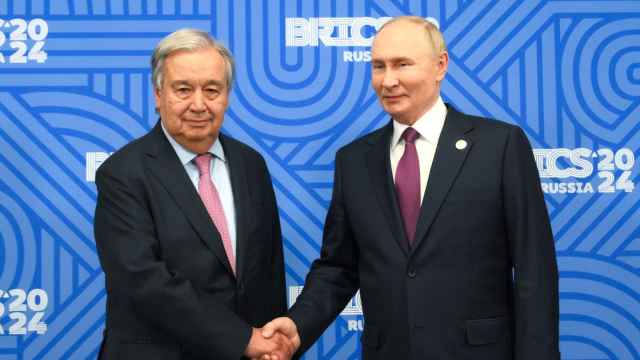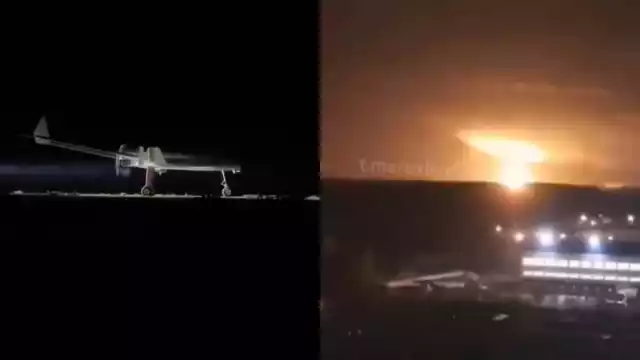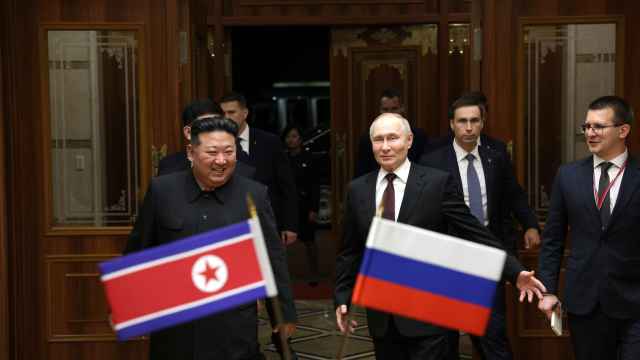Russian forces have changed their front line tactics over the summer, deploying smaller sabotage groups in a bid to pierce deep through the front, Ukraine's top commander has said.
Moscow controls around one-fifth of Ukraine's territory, but has captured just 1% of the country over the past year, according to an AFP analysis of data from the Institute of the Study of War, which works with the Critical Threats Project.
Despite the slow progress, fighting on the front line has remained intense, with both sides sustaining immense losses.
Ukrainian commander-in-chief Oleksandr Syrskyi said Russia had switched its frontline tactics and was now deploying small groups of four to six soldiers tasked with infiltrating Ukraine's defenses.
"Since the beginning of summer, there has been a change in the enemy's tactics," Syrskyi told a group of journalists, including AFP, in remarks made public Friday.
"Their main task is to penetrate as deeply as possible into our territory, to withdraw, regroup and advance again — then attack targets deep inside to paralyze our logistics and troop rotations," he explained.
He said the tactics allow Russian forces to push forward with relatively few troops — though means they do not gain full territorial control of an area.
Russian troops managed to pierce Ukraine's defense in August near the eastern coal mining town of Dobropillia before Kyiv pushed them back.
Syrsky said the overall situation on the front — which stretched 1,250 kilometers (775 miles) — was difficult, with Russia advancing in key sections.
Russia's Defense Ministry on Friday claimed the capture of Yunakivka, a village in the northeastern Sumy region.
Syrskyi also said Ukraine was changing some of its own air defense techniques to counter increasing Russian aerial strikes on its cities.
That included the increased deployment of helicopters and light aircraft as well as the development of new drone interceptors.
A Message from The Moscow Times:
Dear readers,
We are facing unprecedented challenges. Russia's Prosecutor General's Office has designated The Moscow Times as an "undesirable" organization, criminalizing our work and putting our staff at risk of prosecution. This follows our earlier unjust labeling as a "foreign agent."
These actions are direct attempts to silence independent journalism in Russia. The authorities claim our work "discredits the decisions of the Russian leadership." We see things differently: we strive to provide accurate, unbiased reporting on Russia.
We, the journalists of The Moscow Times, refuse to be silenced. But to continue our work, we need your help.
Your support, no matter how small, makes a world of difference. If you can, please support us monthly starting from just $2. It's quick to set up, and every contribution makes a significant impact.
By supporting The Moscow Times, you're defending open, independent journalism in the face of repression. Thank you for standing with us.
Remind me later.






